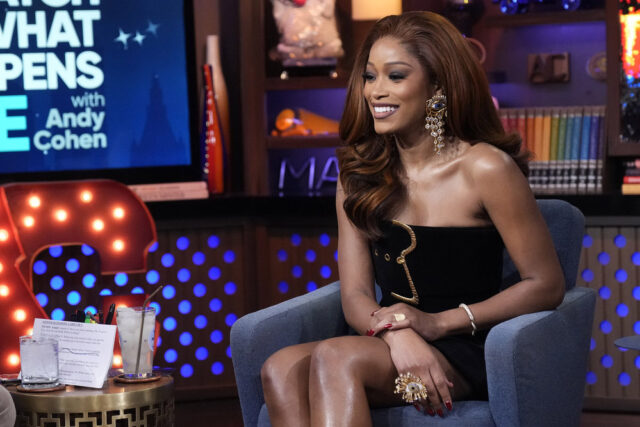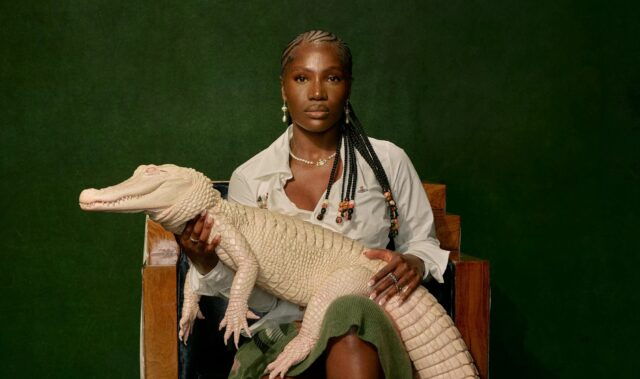A Woman on TikTok Made up a Song Calling Out People for Using Racist Statistics, and It’s Gone Viral

This powerful little jingle may just become the song of the summer.
Earlier this month, 27-year-old elementary school teacher Erynn shared a TikTok of her singing a song she had spontaneously made up on her porch. The catchy tune called out people for using skewed “statistics” to justify police brutality and racism.
@rynnstarAbout y’alls favorite “statistics“ 🙄♬ original sound – rynnstar
And she is absolutely right. Although Black individuals account for 13% of the US population according to the US Census Bureau, and allegedly account for around 50% of homicides–a statistic that came from a paper published in 2011 by the Bureau of Justice Statistics–these numbers are flawed. They don’t take into account the fact that not everyone who commits a crime is convicted, convictions may be based on biases like race, and other factors including over-policing certain neighborhoods that complicate the issue and make this “statistic” problematic.
So how do we get more people to know about this? The power of the viral video.
Aside from gaining more than 1.7 million views, many other creators have started dueting and covering Erin’s song, and the results are incredible.
@alexengelbergI love this song! Thank you for this gift @rynnstar ##statistics ##barbershopquartet♬ original sound – alexengelberg
@hannah_harpist##react to @rynnstar singing the facts we need to hear♬ original sound – rynnstar
When asked by BuzzFeed what she would like her audience–which is quickly growing–to take away from the song, Erynn said, “To question their biases and consider that a narrative that they’ve been given is not telling them the whole story.”
Still can’t get enough of the musical hit? You can now purchase #NeighborhoodsSong T-shirts on her Red Bubble site.
Be sure to follow Erynn on TikTok, Instagram, and Twitter, where she continues to actively educate her audience on race, Black culture, and Black identity.




